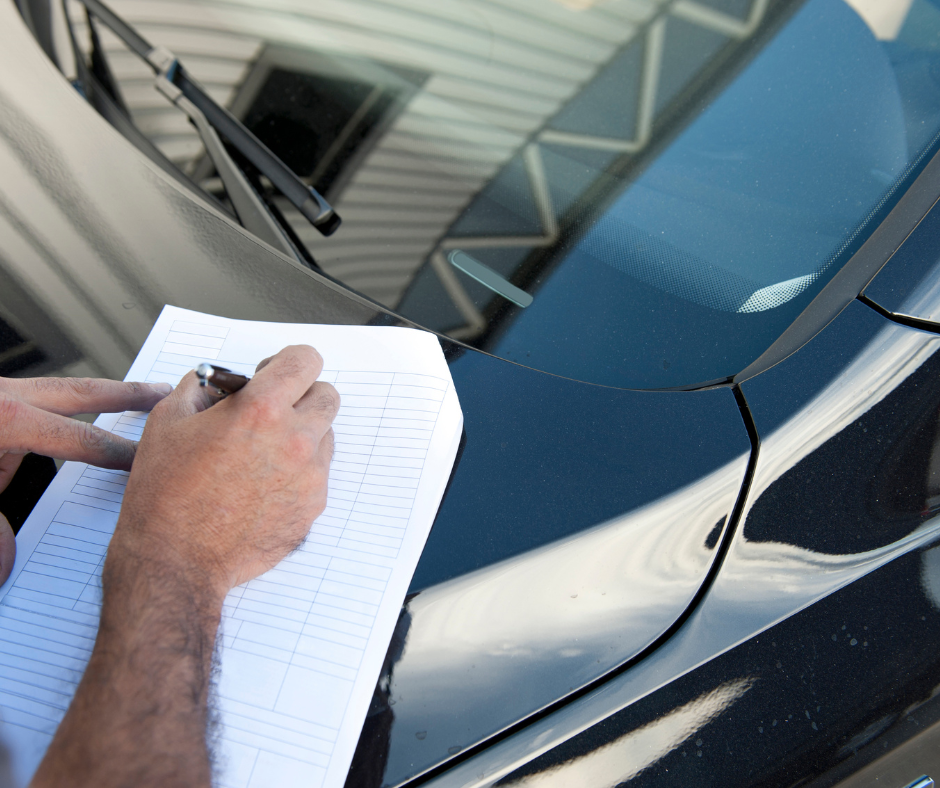How can a business minimise risks in regards to fleet?
All business’ will experience risk – but it’s how you manage that risk to ensure the disruption is minimal that will have a massive impact on your future. With some simple risk management strategies in place, you can mitigate the probability of their occurrences.
Monitor fleet and driver performance with telematics
This will allow you to closely monitor and measure the performance of each vehicle and driver. You’ll be able to track speed, braking and cornering, and by regularly reviewing this data you can identify if there’s a problem and devise solutions to address them.
Install dash cams
A cost-effective solution to record what is occurring in the vehicle as well as the driver. It will provide video evidence which can help support your business from fraudulent motor claims if the driver is involved in an accident, but it will also ensure your drivers are paying attention and following the highway code.
Implement a driver excess policy
With a driver excess policy you’re asking your fleet drivers to take responsibility for their actions if they have an ‘at-fault’ claim – and also better care of the fleet vehicles.
Annual training
To ensure safe and effective performance it’s a good idea to provide your drivers with annual training. This should cover safe driving practices and discourage drivers from inattentive or distracted driving habits. If an accident does occur, regardless of major or minor, you should have the driver retake the course to reduce the risks of the accident happening again.
Routine maintenance at scheduled intervals on all vehicles
It’s recommended to conduct a thorough inspection of your fleet vehicles at least every quarter, which should include tyres, oil change (if necessary), topping up fluids, brake inspection and engine inspection. In addition we would recommend checking your vehicles at the start of winter when driving conditions can become more dangerous.
Verify driver performance and vehicle quality
Keeping log books and driver checklists will help address issues before they become problems. Damage to the vehicle, secured loads, equipment in working order, lights all working can all be recognised prior to journeys. Accident log books should be kept in fleet vehicles to outline what happens in case of an accident, what repairs were completed and by whom, who was driving etc. Keeping detailed notes will be helpful when your business files an insurance claim.
Purchase comprehensive fleet insurance
A comprehensive fleet insurance policy will ensure your business is protected. It can provide employer’s liability insurance, public liability cover, breakdown cover, goods in transit cover and business interruption cover. Call us today to discuss what your business needs to cover on your fleet policy.
Implementing small motor fleet risk management strategies will help you stay ahead of your risks and keep your driver, your fleet and the public to remain safe. This approach can also allow you to invest time and finances into bolstering your business rather than trying respond to problems as they occur.



